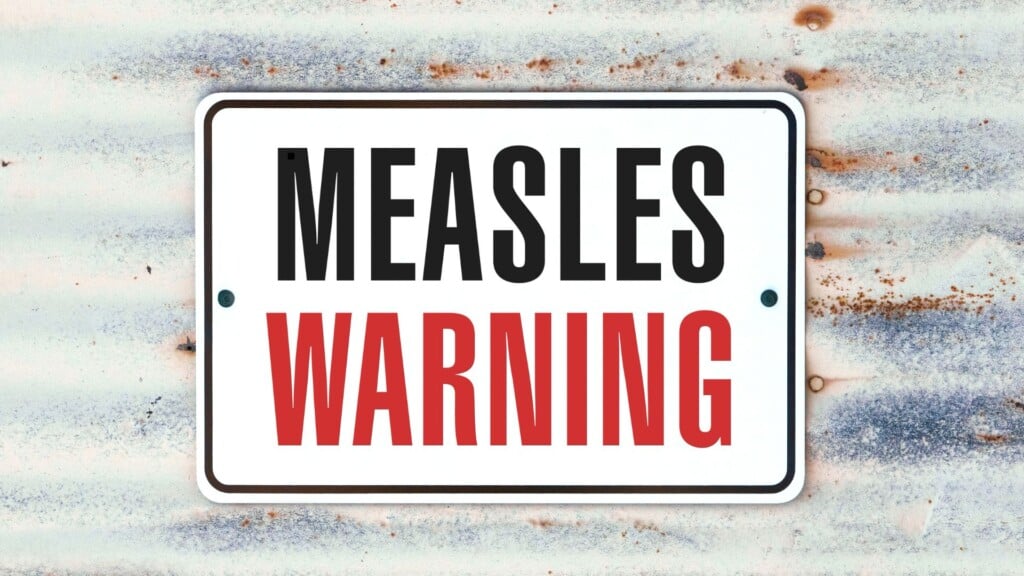Nebraska providers protest Medicaid cuts, say nursing homes already ‘living on the edge’
LINCOLN, Neb. (KLKN) – Chants for the Medicaid program rang out Monday at the Nebraska State Capitol.
Health care providers made their voices heard about possible cuts to Medicaid at the federal level.
If Congress moves forward with them, they said the cuts won’t just hurt those who rely on Medicaid but will cause major disruptions in communities across the state.
“Medicaid is under threat, and that means Nebraska patients are under threat,” said Jeremy Nordquist, the president of the Nebraska Hospital Association.
Advocates said the program is critical to the most vulnerable Nebraskans, including those who live in nursing homes.
“Our nursing homes in Nebraska are already struggling to stay alive,” said Kierstin Reed, CEO of Leading Age Nebraska. “A lot of them are kind of living on the edge. So if Medicaid goes away, which is funding 60% of people who live in a nursing home, the likelihood of our nursing home closure increasing over the next three to five years will be significant.”
Caregivers and health care providers said there are already too few Medicaid providers, and this will only make it worse.
“This saddens me, so they don’t deserve it.” said Presley Marth who’s been a caregiver for 10 years, “I feel like it’s crazy to think that there’s going to be more cuts because it feels like there’s already been cuts from what I seen.”
But William Tenteler, who receives Medicaid, thinks these cuts are necessary.
“They’re not set in stone; it might happen, it might not,” he said. “And it’s sad because if the previous administration did what they were supposed to do, we wouldn’t be in the situation we are in now.”
But critics of the proposed cuts said access to care should not be a political issue.
“What they’re doing is going to hurt not only those who are on Medicaid programs, but it is going to affect the United States overall,” Reed said.
The Nebraska Rural Health Association said that it’s already difficult for people in rural areas to access health care and that without Medicaid, it becomes more expensive and even more limited.



